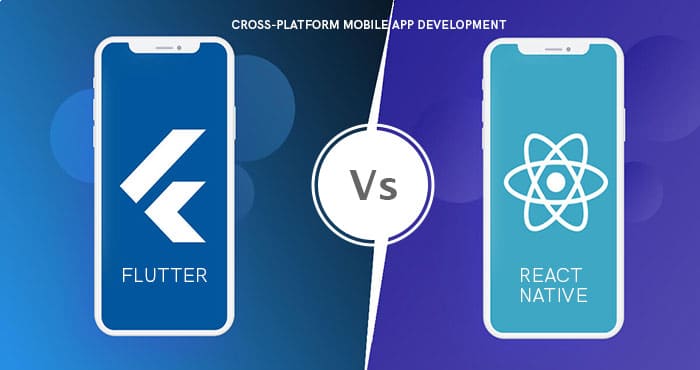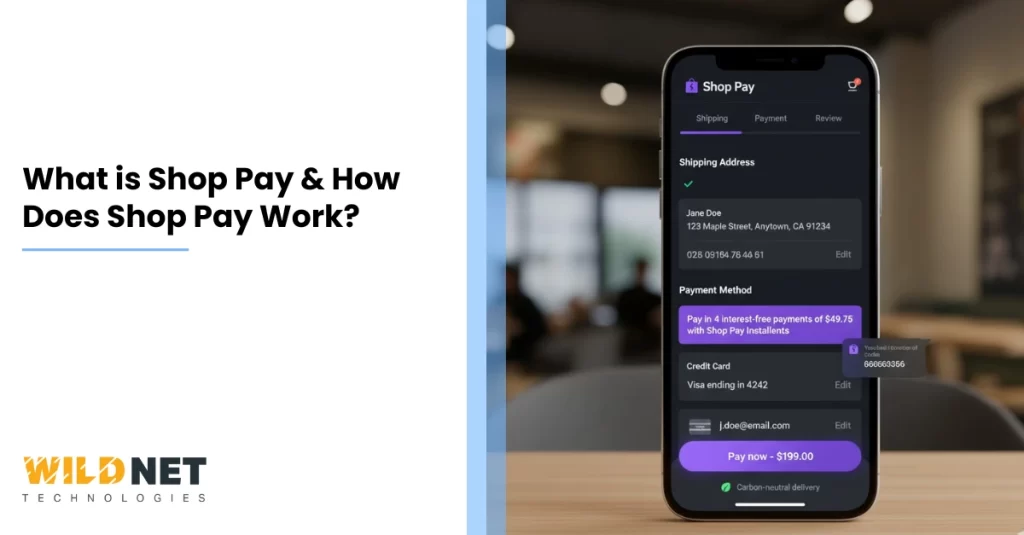In this guide, you’ll discover what are backlinks, how to create backlinks, and how to find backlinks that fuel SEO performance. We, as the best digital marketing company in Noida, cover how to get backlinks, whether you can buy high quality backlinks, and share backlink examples and strategies that actually work.
Key Takeaways
- Backlinks are votes of trust, vital for SEO and AI Overviews.
- High-quality, relevant links beat mass low-quality ones.
- Adopt diverse tactics like guest posts, broken link building, partnerships, outreach to accumulate solid backlinks.
Table of Contents
- What are Backlinks
- Backlink Example
- Why Backlinks Matter for SEO?
- How to Build Backlinks: 10 Proven Strategies
- How to Find Backlinks That Drive Value?
- Crafting Outreach That Works
- Evaluating Link Quality & Avoiding Spam
- Monitoring Backlinks & Measuring SEO Impact
- FAQs
- Conclusion
What Are Backlinks?
“Backlink” is SEO shorthand for inbound link: a hyperlink from someone else’s site pointing to yours. Also called external links, these are like votes of confidence to search engines. They show Google your content is valuable enough to reference.
A few points to know:
- Backlinks from high-authority, relevant sites carry more weight than random or low-quality links.
- They’re essential in both traditional SEO and AI Overviews, where they boost credibility and visibility.
- There are many types: do-follow (pass link equity), no-follow (don’t), editorial, guest post, resource page, and more .
Backlinks matter because they:
- Improve search engine rankings
- Generate referral traffic
- Boost brand awareness
- Signal authority in AI-driven results.
In summary: ask “what are backlinks?” and realize they’re the lifeblood of SEO and visibility.
Backlink Example
A common example of a backlink is when you include a link to your website in a guest post you write for a reputable blog. Everyone reading that article could click through—plus, search engines associate the link with your content’s authority.
Types include:
- Editorial backlinks – Natural mentions via quality references
- Resource page backlinks – Your content on curated lists
- Guest post backlinks – Author bio or in-content links on relevant sites
- Broken link backlinks – Filling gap for dead links with your live content
Here’s one scenario: a university site lists useful writing resources, linking your blog. That’s a high-quality, high-relevance backlink.
Why Backlinks Matter for SEO?
One of the most powerful ranking factors is still backlinks. Google’s PageRank algorithm values the quantity, quality, and relevance of backlinks .
Today, in AI-powered search, backlinks:
- Signal credibility to generative engines
- Improve placement in AI Overviews
- Amplify referral traffic
- Increase brand trust through credible mentions
A strong backlink profile elevates your site’s authority, makes your content discoverable by AI engines, and drives consistent traffic.
How to Build Backlinks: 10 Proven Strategies
Here are the top strategies for beginners to advanced. Here, we’ve covered how to build backlinks, how to get SEO backlinks, and how to create backlinks that move the needle.
Create Linkable Assets
Produce standout content: in-depth guides, infographics, tools, data, or case studies. These are prime for attracting natural backlinks .
Guest Posting
Write for reputable websites in your field and include a backlink to your website in the body or author bio. Verify the links’ quality and applicability.
Broken Link Building
Find pages with dead links, then pitch your related content as a replacement. Use tools to identify “404” pages on resource lists.
The Moving Man Method
Discover outdated resources (webpage rename, site gone), find those who link to them, and offer your updated resource. It’s a specific variant of broken-link outreach .
Round-Up Link Opportunities
Pitch your content to regular editorial roundups for tools, tips, and links in curated posts.
Partner Outreach & Brand Mentions
Network and offer reciprocal value. If a brand mentions you without linking, request a link addition.
Competitor Backlink Analysis
Use tools like Ahrefs/Moz to identify where competitors gain links, then replicate their tactics.
Use High-Value PR & Newsworthy Content
Create timely, original content or statistics and pitch news sites or journalists—classic link-winning press tactic.
Leverage AI Tools for Outreach Efficiency
Use SmartWriter, SEMrush prospecting, or AI drafts to help draft outreach—but avoid generating auto backlinks.
Avoid Low-Quality Paid Links
Yes, you can buy high quality backlinks, but caution is vital. Off-market or Fiverr packs often hurt more than help . If you pursue high-quality, niche-relevant guest placements with real editorial value, paid outreach agencies can help—but avoid sketchy networks.
Checklist for each backlink:
- Relevant niche fit
- High authority/site traffic
- Prefer do-follow, contextual, editorial placement
- Includes keyword-rich (but natural) anchor text where relevant
How to Find Backlinks That Drive Value?
Knowing how to find backlinks is crucial. Here’s how:
- Backlink Analysis Tools: Use Ahrefs, Semrush, Moz Link Explorer to see referring domains, anchor text, link types.
- Competitor Backlinks Audit: Find where competitors get links and identify opportunities like guest posts & brand mentions .
- Google Search Queries: Try “[your topic] + resources” or “[niche] + link roundup” to find link opportunity pages.
- Brand Mentions Without Links: Set Google Alerts or use Mention tools to find mentions you can turn into links.
- Check Broken or Moved Pages: Search for 404s in niche resource pages, using browser extensions or link crawlers.
Use a spreadsheet to track each prospect: site name, page, contact method, outreach status, response, and link date.
Crafting Outreach That Works
How to get backlinks depends heavily on outreach quality:
- Short & Personalized Emails: Keep under five sentences and easy to scan.
- Hook First: Reference their content, compliment genuinely before pitch.
- Offer Value: Exchange, guest post offer, update, or asset inclusion.
- Clear Request: Politely ask for a link, replacement link, or partnership.
- Follow Up: One or two short reminders is sufficient.
Sample outreach:
Hi [Name],
Really enjoyed your post on [Topic]. Noticed one broken link to [Old Resource]. I recently published [Your Resource], which covers the same topic and could be a great substitute.
Would you consider updating the link? Thanks for considering!
Apply variations for roundup, guest, or brand mention takedowns.
Evaluating Link Quality & Avoiding Spam
Not all links help. Focus on:
- Authority Metrics: Domain Rating, Trust Flow, organic traffic.
- Relevance: Thematic connection matters more than domain authority alone.
- Link Type: Prioritize do-follow contextual editorial links harvested naturally.
- Risk Evaluation: Check for penalties, sudden traffic drops.
- Diversity: Mix types (guest posts, resources) for a natural profile.
Avoid link farms, PBNs, and low-effort Web 2.0 or Fiverr-style packages .
Monitoring Backlinks & Measuring SEO Impact
Track your backlinks and judge SEO impact:
- Monitor regularly in tools like Ahrefs and Semrush.
- Check referral traffic through Google Analytics.
- Evaluate keyword rankings of pages using rank trackers.
- Track domain authority trends over time.
- Revise stale links: Reclaim lost links or replace broken spots.
A strategic backlink profile benefits both Google and AI results—let it evolve along with your content.
FAQs
Q. What are backlinks?
Ans. Backlinks are external links from other websites pointing to your site. They serve as “votes of confidence,” informing search engines of the worth, pertinence, and reliability of your content, which improves your visibility and SEO results.
Q. Why are backlinks important for SEO?
Ans. Backlinks remain a key ranking factor, showing search engines that other sites trust your content. High-quality backlinks improve domain authority, boost keyword rankings, and drive referral traffic, making them essential for strong, sustainable SEO.
Q. What is a backlink example?
Ans. An example: you write a guest post on another blog that includes a link to your article. That link counts as a backlink—especially valuable when it’s contextual and from a relevant, authoritative site.
Q. How do I find backlinks to my site?
Ans. Use backlink analysis tools like Ahrefs, Moz, or Google Search Console to view referring domains, link types, and anchor text. This aids in monitoring recently acquired links and understanding your backlink profile.
Q. How to get backlinks naturally?
Ans. Create high-value content—like guides, case studies, or infographics—that others want to link to. Promote it through outreach, social sharing, and collaboration. Organic, editorial backlinks are the most impactful for SEO.
Q. Can I buy high-quality backlinks safely?
Ans. Buying backlinks is risky—Google may penalize unnatural links. It’s safer to invest in outreach, guest posting, or PR that earns high-authority, relevant backlinks ethically rather than buying them directly.
Q. How do I create backlinks with broken link building?
Ans. Locate broken links on other sites (e.g., using tools or Chrome extensions), then offer your relevant content as a replacement. This helps site owners fix errors while you gain valuable, context-rich backlinks.
Q. What types of backlinks should I focus on?
Ans. Focus on do-follow, editorial backlinks from authoritative, relevant sites. These links pass “link equity” and signal quality. Avoid no-follow, low-quality, or paid links that could incur penalties.
Q. How often should I monitor my backlink profile?
Ans. Regularly—at least monthly. Use tools like Google Search Console, Ahrefs, or Moz to track new and lost backlinks. This helps you capitalize on positive trends and disavow harmful or toxic links promptly.
Q. What are toxic backlinks and how do I remove them?
Ans. Toxic backlinks come from spammy, irrelevant, or manipulative sites. They harm your SEO. Identify them via audit tools, request removal from site owners, and use Google’s Disavow tool to ignore them.
Conclusion
In summary, what are backlinks? Backlinks are powerful endorsements that significantly enhance your website’s credibility and search engine performance. Rather than chasing large volumes of low-quality links, focus on earning high-quality backlinks from relevant, authoritative sources whether through valuable content, guest contributions, strategic outreach, or fixing broken links. A diversified, thoughtful approach that combines content creation, genuine relationship building, and regular monitoring will yield sustainable SEO gains and improve visibility in both search results and AI-driven overviews. Consistency, relevance, and quality—not shortcuts—are the keys to long-term backlink success.
If you think this is too much work simply, get our AI-powered link building services. With our 19+ years of experience, we’ve helped multiple businesses from different industries get real results and we can surely be of your use too. So, connect now.







